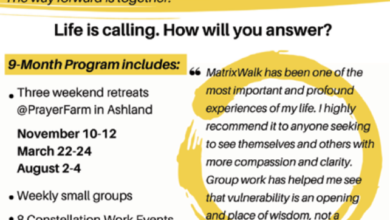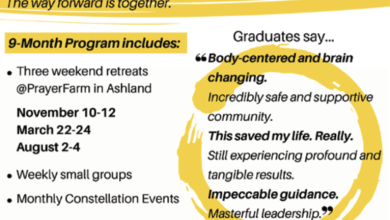TINY HABITS
I want to talk about the WHY of Tiny Habits this month… habits either happen to us or we make them. Our most relevant example of this being technology – either we find ourselves pulled into unnecessary usage and wonder where our lives, our attention, our wonder has gone, OR we discipline ourselves to limit our usage; even those of us who dislike technology often find
ourselves overusing it. It is a truly rare person who has not struggled with scrolling or compulsively listening to podcasts etc., especially when we are tired – yet to the nervous system this is not restful. The tiny habit of checking our phones and using technology has become a monster… and statistically, we are a lot less happy – with the population most addicted; our teenagers suffering the most. Suicidality and depression/anxiety are at all-time highs – technology addiction is a culprit.
Consciously choosing to build habits that remind us of our priorities and what truly matters, has become as necessary as eating or sleeping.
Here’s a Tiny Habit for you that is harder than it sounds but worth every minute.
Got NOTHING?
Do you spend a few minutes a day* intentionally doing nothing?
I do not mean driving or hiking or meditating or praying. I do not mean scrolling or listening to music or writing checklists in your head.
I mean doing NOTHING at all, just sitting; no input, no output, just being.
Idle, quiet, still, purposeless… this does not mean nothing will be going on inside, and in the
beginning, quite the contrary – you may be riding on a superhighway of thoughts and anxieties, worries and pressures. The point is just to tolerate all that thought versus what we are doing in our busyness, which is often avoiding or putting off.
Like meditation but different, doing nothing is an important practice which over time can positively impact our mental health. Just letting our minds wander offers an important reset for the system. Unlike meditation, doing nothing has no rules except to do nothing. This is important because often we are evaluating, trying, or judging our skill at meditating – which keeps us from having the experience we think we should be having, which then causes an extra layer of stress.
Doing nothing, well, it’s nothing so there’s nothing to work at, try harder at or succeed with – we need this like we need sleep.
I am not going to cite studies here but there are many that have tracked the changes in our idleness over the last century – it has pretty much disappeared. Then there’s the tech takeover of the last 10 years… WHOA. Let’s just say this – doing more has not brought us more happiness, self-esteem, sense of community, or well being. Doing this kind of nothing is not wasting time; it’s taking back time.
Try it – let me know how it goes.
Remember, good habits change everything, small things add up.
*14 minutes a day of meditation is ideal for maximum benefit. While this Tiny Habit could be called “non-meditation,” start with 5 minutes, work your way up.



